#comic industry
Text
comic sales are down because the industry is inaccessible and expensive, not because piracy exists
Higher piracy rates are what happens when you make buying comics expensive, difficult, platform-dependent, and inherently exclusionary while pretending trades and digital don't count as sales.
if any single comic book company decided to be a competent publishing company for even a year comic piracy rates would plummet
#comics#comic industry#dc comics#marvel comics#indie comics#there's a reason scholastic absolutely dominates the western comic industry and it's not because they're selling inherently better products#it's just that they're actually moderately competent at marketing and selling the stories they publish
946 notes
·
View notes
Text
Spent a bus ride yesterday reading a 1997 book by Gary Martin called The Art of Comic Book Inking that someone recced in the Cartoonist Co-Op server. I'm not the target audience for it (it's geared towards traditional inkers working in the print comics industry and is more for b&w comics imo) but it's an...interesting look into how the industry was back then. And by interesting, I mean bleak as fuck!
More below:

So I got curious and tried to find what the page rates for being an inker are like now, and had a look at this list of rates from Comic Book Resource, which are all self-reported by industry professionals.*
You'll notice 'inker' isn't even its own category here. The closest one is 'line artist' which is both pencils and inks, which for the sake of argument let's say is twice the amount of work as inking by itself. (It's not, pencils are harder, don't at me.) I took the average of rates from 2020-2022 for line artists and got $227/page, for both pencils and inks.
The very lowest rate of $100/pg in 1997 for JUST inking would be $190 today. If line artists do twice the work (again, an underestimate) by doing pencils too, that ought to translate to $380/page at the lowest end today. It doesn't somehow! Huh. Have a look through that rate list and you'll see rates even lower than $100/page in today's money (mostly from the usual suspects.)
Here's some more fun math:
Forget the $28k number above--he's including covers in this number, which pay differently. Say you do 22pgs/month at $100/page--that's $26,400 (1997)/$50,282 (today). Subtract a third for taxes** and your take-home amount would be $33,522 in today's money, which works out to a wage of $16/hr.***
At the high end of Martin's numbers, let's say 44 pages a month at $150/page for a total of $79,200, or $52,800 after taxes, and an hourly rate of $25/hr. Adjusted for inflation, that's $150,845 gross/$100,563 net/$48 hourly.
Average these numbers together, and the rates in today's money would be $67,042 net/$32 hourly.
Assuming line artists do twice the work, these numbers ought to be doubled, at $120k/yr or $64/hr.
But by the actual numbers we have, if a line artist works that same amount at the average rate of $227/page, that works out to $59,928 before taxes, $40,132 after, and an hourly wage of $19.
The kicker: the living wage in my metro area (same one Gary Martin lived in when he published this book, incidentally) is $21/hr, assuming no kids. Lol.
This is also assuming you can pencil AND ink at least 22 pages a month every month sustainably without destroying yourself, which is an EXTREMELY generous assumption. Also, no one gets health insurance working in comics, so take that into account with this shoulder-destroying pace.
I'm sure I'm mostly preaching to the choir here, and none of this information is really a surprise to me--oh comics is also a bad industry that doesn't page a living wage? shocker!--but it's interesting**** to actually be able to run the numbers on it to see how much, exactly, rates have stagnated. A lot, as it turns out!
Anyway, here's a little look into how comics pays, in case you're unfamiliar. It pays bad.
*this isn't even including companies like Webtoons and Tapas, who are fairly notorious at this point for underpaying and overworking creators. This is largely print publishing.
**the self-employment tax rate in the US is something like 15.1% and has been since at least 1990 but advice is usually to pay a third in quarterly taxes--easier to overpay and get it back at tax time than underpay and owe.
***based on 40hrs/wk, and I'm showing this number bc I think more people understand hourly wages than rates. I wouldn't include the amount for taxes in this bc if you're working an hourly wage you're probably not self-employed.
****LOUD SCREAMING
#artists and math DON'T mix he's right#I did my best tho#also afaik the bit about royalties is still true#possibly even more true#comics#comic industry#inking#inker#line artist#page rates#industry rates#living wage#late stage capitalism#also if for some reason you're going to whine at me about free markets please eat your own pants instead idc
22 notes
·
View notes
Text
New Article on the Coop Journal
The Cost of Comics: A History of The Comic Book Labor Movement (Part One)- READ NOW!
14 notes
·
View notes
Text
It’s time to have an honest talk about the comic book industry
The commodification of love
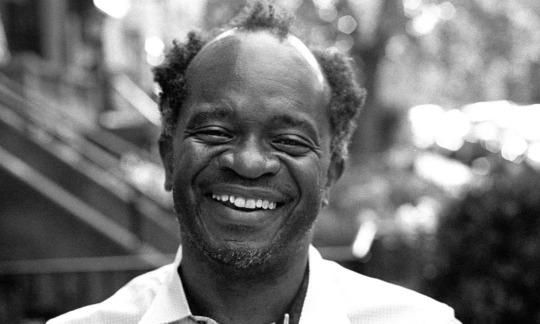
by Joseph Illidge
The comic book industry is the launchpad for one of the most unique and innovative storytelling mediums ever created. Powered by imaginative creators highly skilled in the written and visual arts. Forged by businesspersons who recognize the power of ideas to make an iconic impression on a global scale. Propelled by readers and fans who support the industry and the people who make the stories. The comic book industry is the source of multimedia interpretations of mythic and personal stories that inspire people, entertain the world, and ignite lifelong careers.
It is the adventure of a lifetime.
The comic book industry is a ruthless Darwinian landscape of cronyism, narcissism, and power moves. Its main fodder is the creators who are the engines of its continued existence. Full of flair and pomp, colors and characters both fictional and real-life. A road to hell paved with landmines, bear traps, and the opportunity to work on high-profile, profitable media while living on the precipice of poverty. The industry is fueled by organizations with finite funds and infinite hubris.
Both of these perspectives can be seen as true, but it’s perilous to say that in public. When the industry is deeply interwoven into your life both emotionally and financially, the wrong move can cut off the air supply of future opportunities. So people have to live with the paradox, picking which perspective they embrace based on the circumstances of the time.
READ MORE
#comic publishers#comic industry#content creators#publishing#black authors#writer problems#librarians#comic shops#graphic novels
9 notes
·
View notes
Text
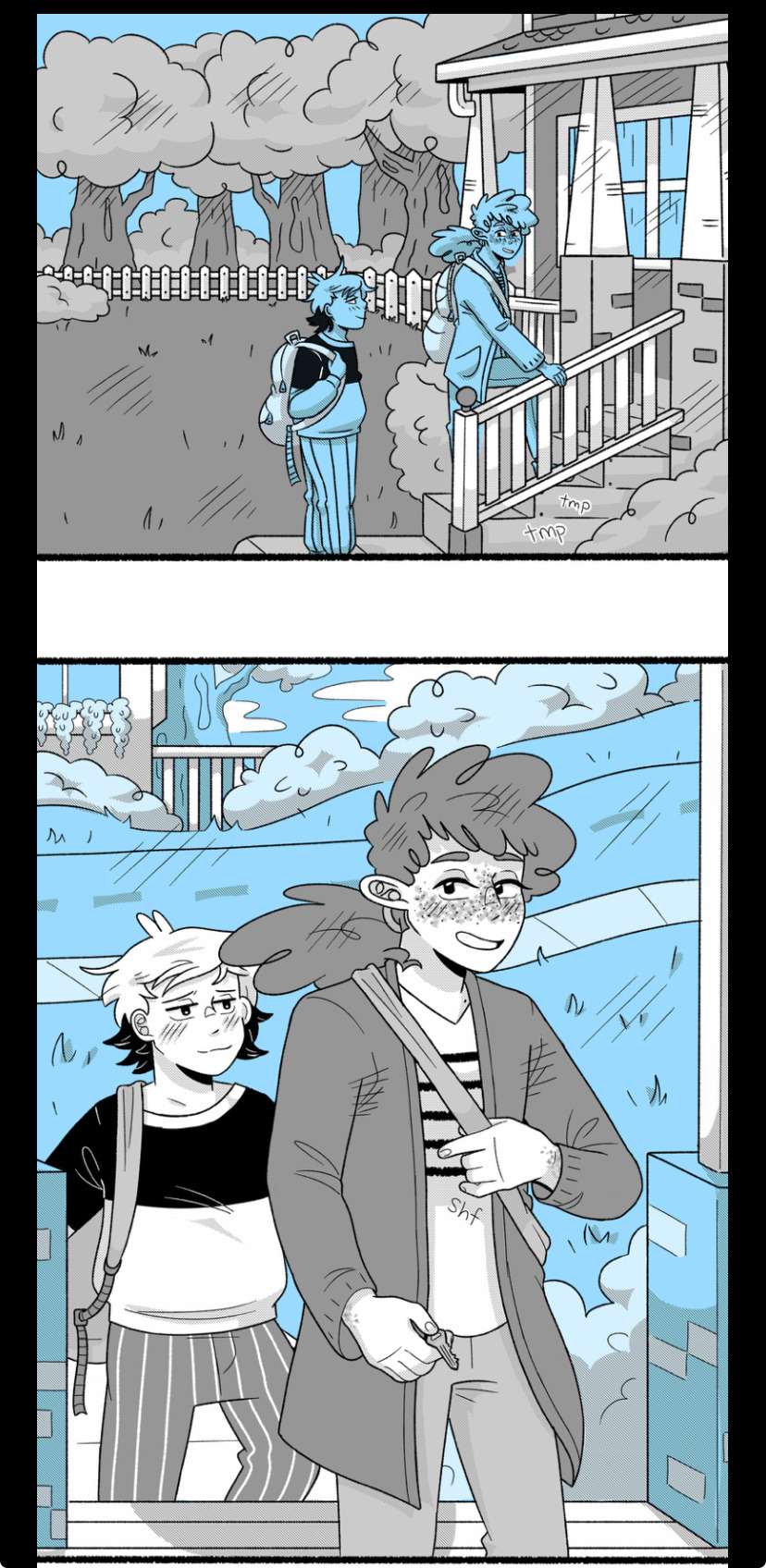

Hello! I’m a transmasc, hispanic artist and comic creator!
I’m desperately trying to get into the comics industry either with my own work or as an assistant. Any engagement is greatly appreciated orz
2 notes
·
View notes
Text
Tired of superhero media wanting to make all the characters "realistic" and focus on "realism", because it's boring.
Consequences are important to storytelling, and some characters do need updating, but all of it tends to boil down to "the main character is distant/a huge asshole until the final act, where they kill the main bad guy", which stopped being interesting decades ago.
Just go back to camp. Campy is still fun, and just needs a touch of modern storytelling to still work. Superheroes should be dumb fun again.
70 notes
·
View notes
Text
I’m going to rant now otherwise I’ll carry this all day. Also, I’m starting to think I’m going to make a template post and randomly post it every month, at this point.
PLEASE, PLEASE, PLEASE, PLEASE, TRY AND CREDIT YOUR ARTISTS. Not just with a comic issue number. Not only in the tags where it gets lost at the first reblog. Especially the artists of your comics. Especially if it’s to comment on how much you like a specific chara design.
Heard of the WGA strike these days? Problems starting to emerge for authors with big studios who want to use AI for some of the work? IT’S THE SAME THING.
You’re the final consumer of the comics you read. If even YOU can’t bother to name the artists who make what you like, nothing stops the money-grabbers execs to make this harder for your dedicated editors and artists by arguing nobody cares anyway WHO draws the stuffs if NOBODY actually DOES.
So PLEASE, PLEASE, PLEASE, PLEASE, PLEASE. Even for this tiny cropped pic of that character you like.
*end of rant*
#wga strike#comic industry#let's credit artists please#they'll feed us crap if we don't CARE#this is monday#that explains my short temper#sorry if it comes off as aggressive#i'm basically begging actually#comic art#comics
9 notes
·
View notes
Text

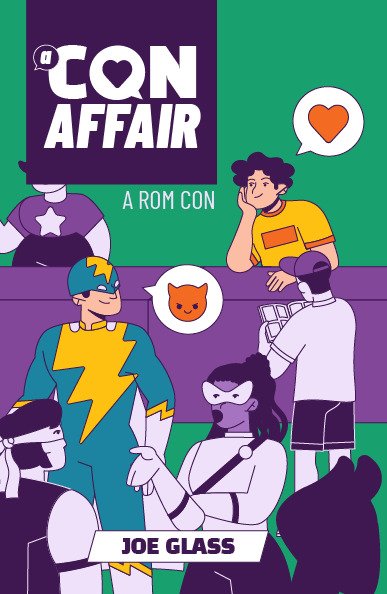

My first novel, A CON AFFAIR, is out now!
A gay adult romance set at comic cons, as a writer and a cosplayer fall in love and try and make it work in the face of the twisty, frustrating world of the comics industry
Romance, sex and spandex all collide in this romantic drama that considers if love and career can co-exist, or are they always just a crisis waiting to happen.
Arran Wilson is an aspiring comic book writer. Cameron Perkins is an avid cosplayer. When they meet at a London comic con, the pair hit it off immediately, in every sense. As they start hooking up at comic cons all over the country, what at first seemed like a bit of fun starts turning into something more.
Then Arran gets his first major publishing contract. Suddenly, his noisy mind is filled with new concerns. As he gets swamped by all these questions and fears, Arran has to learn if he can have it all: the dream career, the hot lover and romance too. Or is that just as colourful a fiction as the superheroes he writes about…
The book is available now on Amazon, and Kindle Unlimited readers can read it for free!
It would really mean the world to me if you checked it out. If you like comics, conventions, cosplay and horny nerds, you’ll love this
2 notes
·
View notes
Text
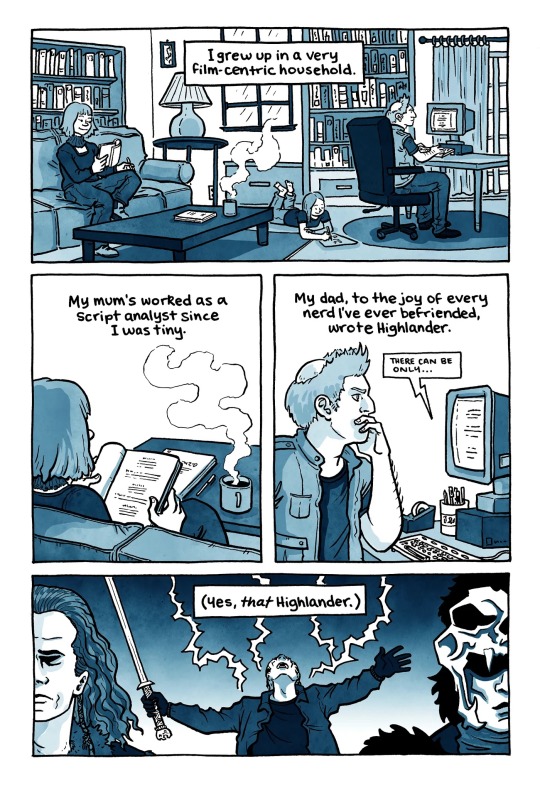
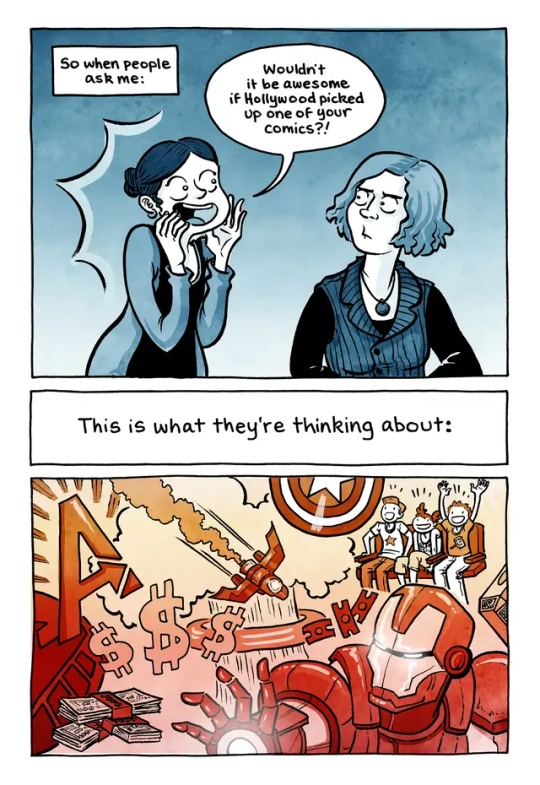

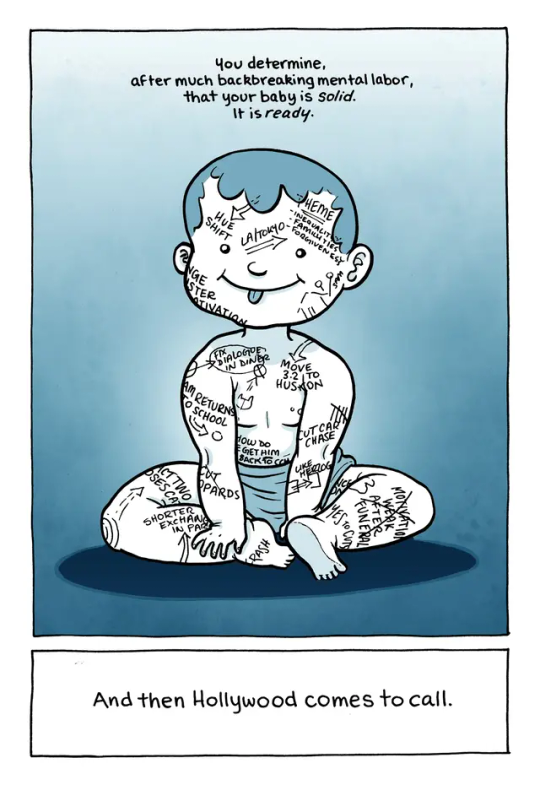
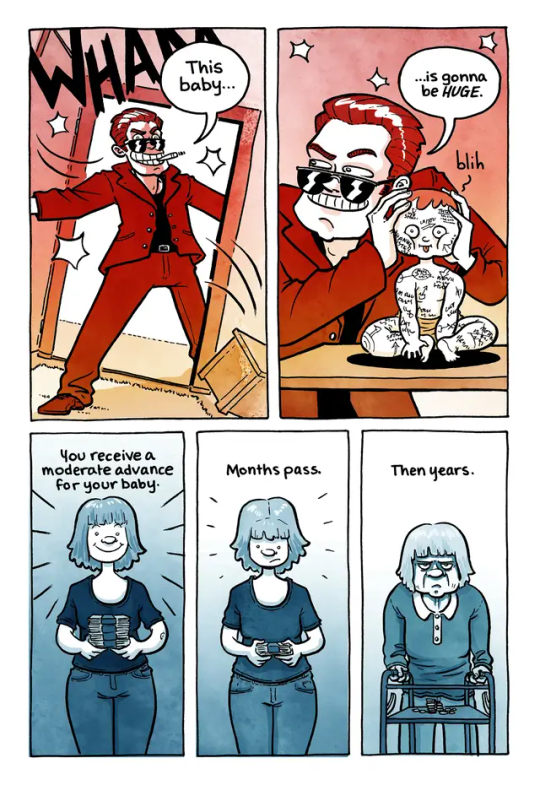
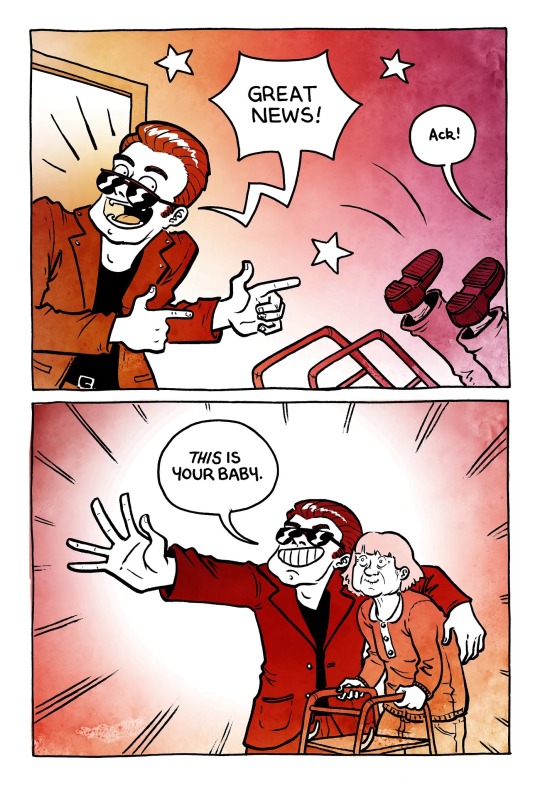

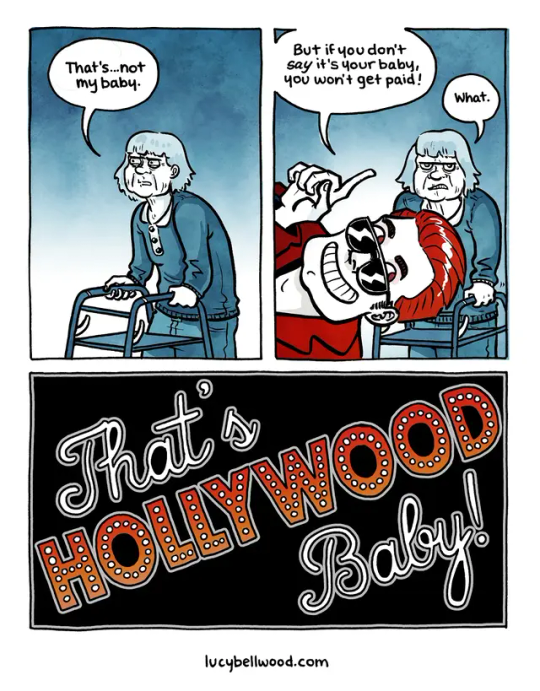
Another piece I did for The Nib back in 2015! Gonna keep posting these until they shut down at the end of the summer. It was such a treat to hear that Matt and the whole editorial team just won an Eisner for their work on the magazine and website. Much-deserved.
Anyway: this is a parody and isn't representative of every screenwriter's experience, but it certainly feels relevant with all the strikes rolling out right now. Did you know what kind of credit you get on a film directly impacts how much you're paid? For writers you'll see "created by," "written by," "story by," and all sorts of other things, all of which translate to different levels of compensation! (Highlander, for example, has Story by Gregory Widen and Screenplay by my dad and his writing partner, Larry Ferguson.) The Writer's Guild is often responsible for arbitrating those decisions. They have a whole MANUAL to help writers understand the process. It rules.
Thanks, WGA. Thanks, The Nib. (And you can always make more of these comics possible on Patreon.)
#hollywood#do the write thing#wga strike#wga strong#film credits#highlander#the nib#comics#personal work#babies#film industry#lucy bellwood
11K notes
·
View notes
Text
Sandy King Carpenter on Starting Storm King Comics With John Carpenter - Variety
0 notes
Text
I'm sure it's been said before but I think it bears repeating, Marvel and DC have always, always been a space for those who are marginalized and pushed to the edges of society. So no, the comic industry is not alienating their biggest, longest audience by being inclusive or showing representation. These comic powerhouses are honoring their original and true audience by showing representation and inclusion, those that don't like it for being too "woke" are in fact the insignificant portion of the target audience.
#marvel#dc#comic industry#marvel movies of today fail to honor their rral audience#so does DC#marvel comics#dc comics#im so tired of seeing people comment on how these companies are betraying them#bc there are some non white people? some gay people? trans?#damn sorry#wtf
0 notes
Text
to be clear, the fact that I decided to impart comic industry drama about people being horrible via meme doesn't mean I don't despise what happened or take it seriously. those are real people that got hurt due to the vile actions of others. I was just attempting to stay in the spirit of the og post
#personal#comic industry#but yeah the industry drama I know about (both funny and horrible) could fill a book at this point
8 notes
·
View notes
Text

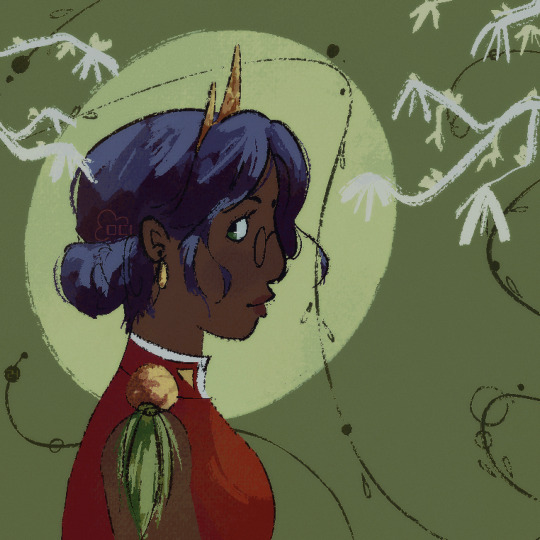
more like industrial revolutionary girl
#get it#because she turns into a car#i mean it was the second industrial revolution but- STOP THROWING TOMATOES#a comically large hook is pulling me off the stage#dazndoodraws#utenanthy#utena#anthy#revolutionary girl utena#rgu#utena tenjou#anthy himemiya
829 notes
·
View notes
Text
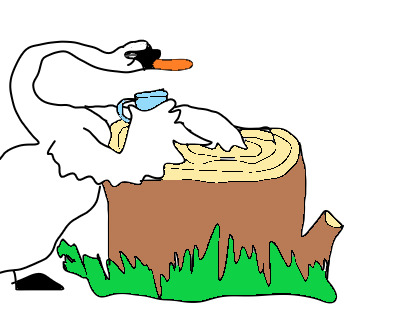
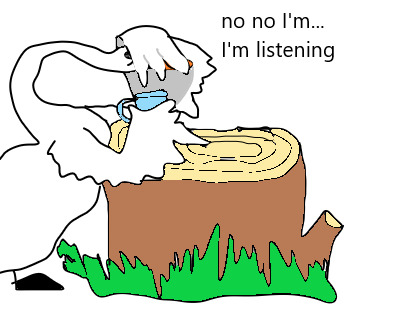
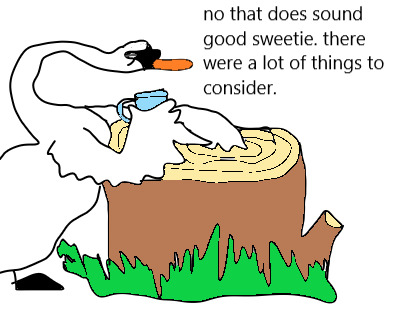

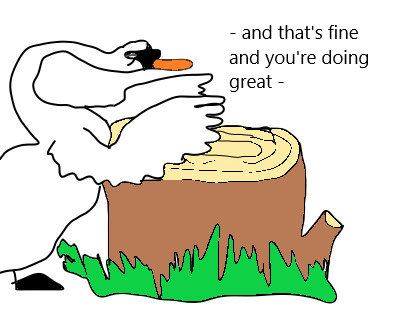

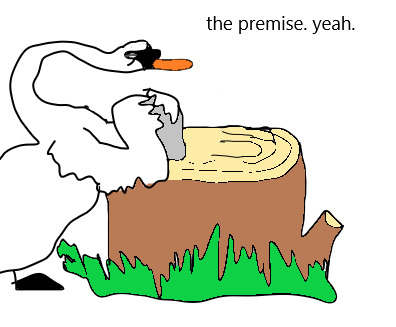
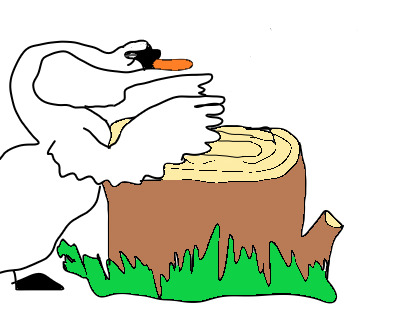

#swan comics#a swan in a santa hat#🦢#I thought about posting this in response to someone#but that would be a bit too much I think#no harm done#least said soonest mended#but this is a conversation I have in my home as well so#perhaps we need a visual shorthand#where the FUCK is my CUP#this is the response to a) kids not putting their socks on but coming downstairs dressed as crocodiles#b) spouse mishearing something but gallantly giving an opinion on it that was so in depth I didn’t have the heart to interrupt#and c) someone explaining to me about the discworld reading order#on a post about the saddening lack of risk-taking and support for creators in the content-gatekeeping industry#none of those are crimes not even the socks#I can strongly understand the Considerations that beset and bedazzle you when you go to put socks on and how the best response is to put on#a fuzzy crocodile onesie#but it’s not what I asked.#like this is a good response to a different thing#please recall the input here - the assignment if you will - was about socks. I love what you’ve done here though#good contribution. you know what we’re keeping it. love it.#just don’t present it as if the original incident report can be marked closed now okay?#do not close the support ticket#the support ticket remains unanswered.#no I completely agree. the outfit DOES need green face paint too. a topic we can add to the queue when oddly enough you have socks on
2K notes
·
View notes
Text
Comics Retailing
Direct market distribution has, for decades, been a keystone of comics culture, but its future is up for debate.
by Brigid Alverson
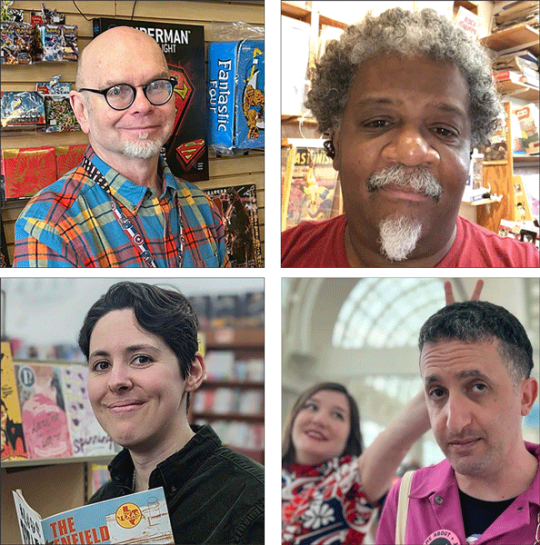
It’s time to sing a (mostly) happy 50th birthday to the modern comics shop, though opinions differ on what the future holds for retailers. The direct market—that is, the group of bricks-and-mortar stores that stock periodical comics using a dedicated distribution system—celebrated a half-century run this past year. Despite the increasing popularity of graphic novels and the encroachment of bookstores, many retailers and publishers believe the direct market remains the keystone of comics culture.
“The book market has readers; the direct market has fans,” says Hunter Gorinson, president and publisher of Oni Press. “Even though that audience can be perceived as smaller, sometimes their voice and their contributions to comic book culture far outrank what you would find in bookstores.”
In 2022, according to the latest ICv2 industry report, sales of comics and graphic novels came to about $1.2 billion in the book channel and $735 million in the direct market. That’s a 40% increase for direct market over 2019. Though overall figures for 2023 were not available at press time, ICv2 estimates sales in comics shops are down 8% this past year, per a ComicHub sample, which also shows periodical comics down 5.8% and graphic novels down 11.9%.
Still, overall sales are expected to remain higher than they were before the pandemic. Those sales are spread among the roughly 3,000 independent retail stores worldwide that are, in Gorinson’s words, “the incubator of comics culture.”
READ MORE
2 notes
·
View notes
Text
Since the WGA strikes began, the studios have been trying—and failing—to turn fans against the writers (and now the actors). I reported on a very strange SDCC this year, which was full of labor conversations and solidarity along the full spectrum of the fan/creator divide. As one member of SAG-AFTRA told me during an awareness-raising demonstration across from the convention center, “The people that I have met today have been all thumbs-up, V for victory, hugs. We love it, and we’re very pleasantly surprised.”
#wired#fan/creator interaction#sdcc 2023#san diego comic con#wga strike#sag strike#wga strong#labor#entertainment industry
2K notes
·
View notes